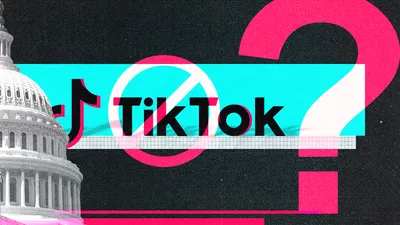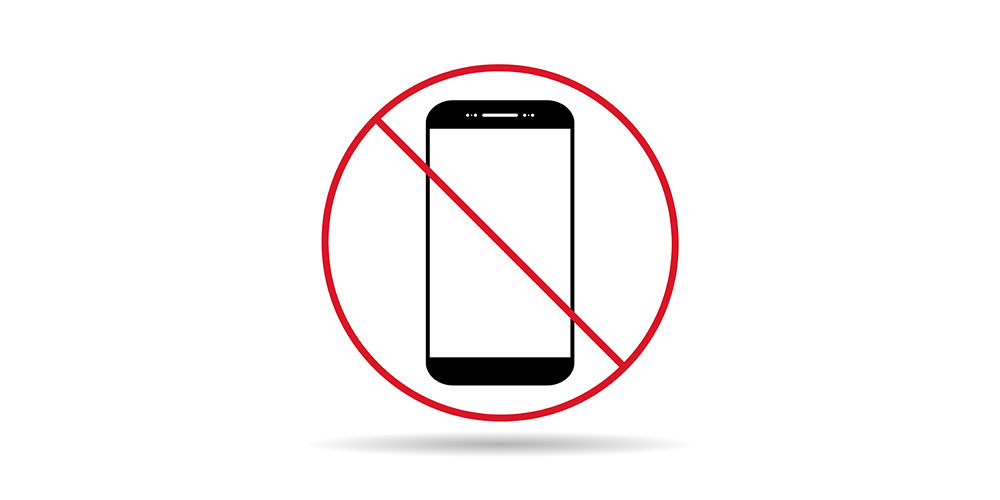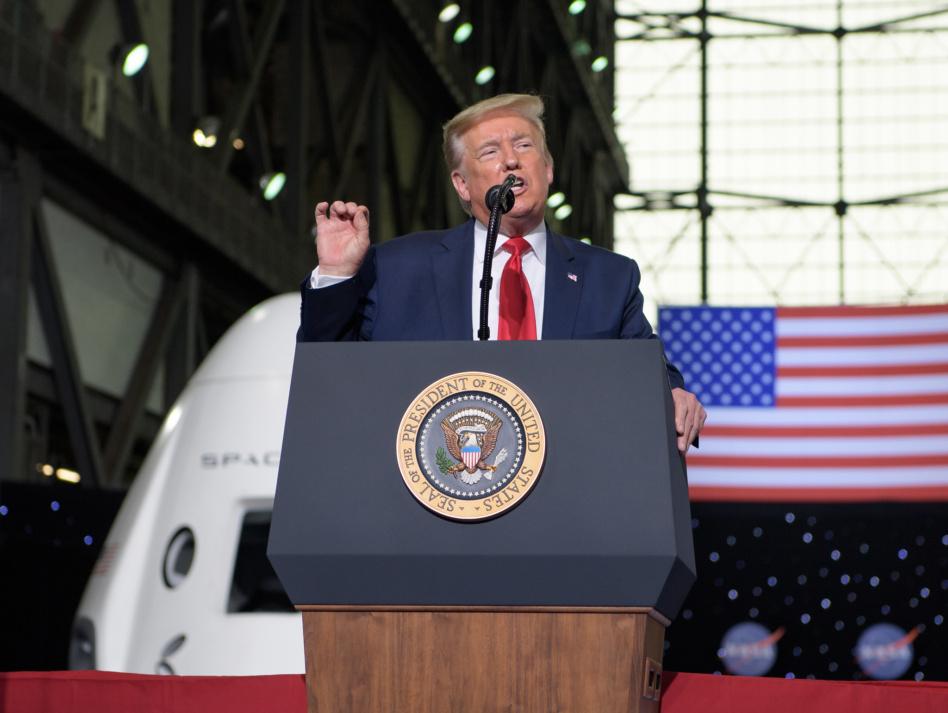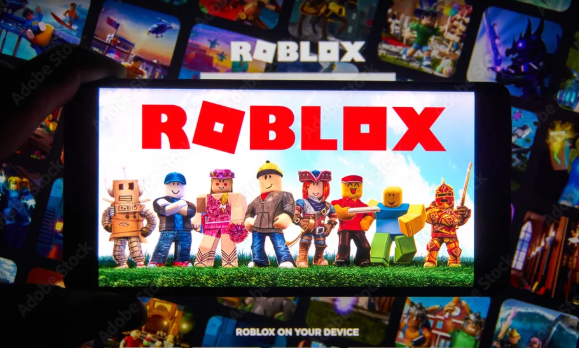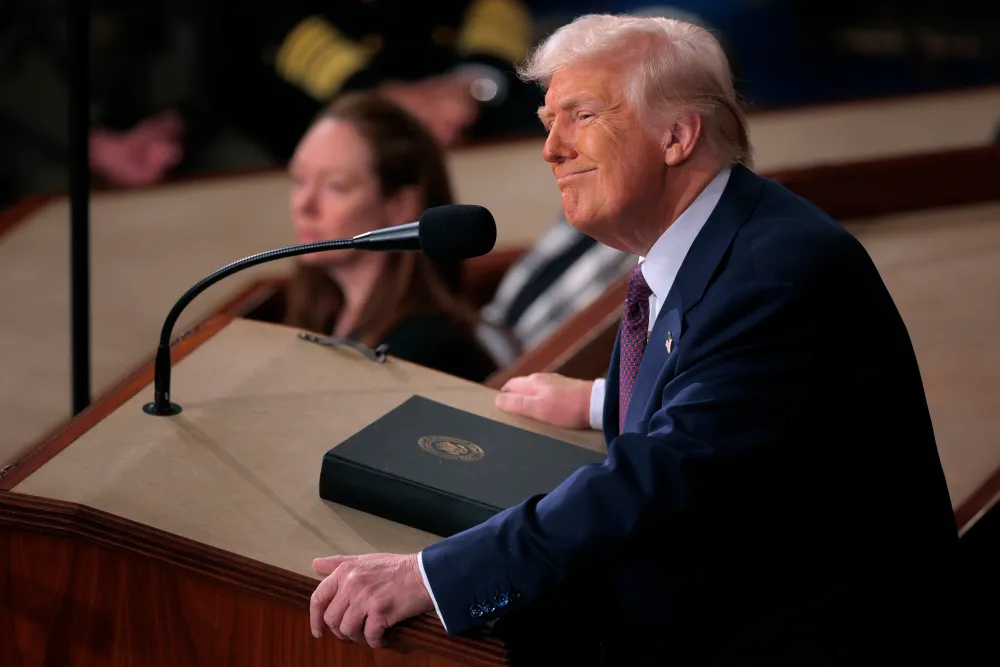On March 7th, 2024, the House of Representatives passed the Protecting Americans From Foreign Adversary Controlled Applications Act, or as the internet is calling it, “The Bill to Ban Tik Tok ”. Despite the bill being debated and in the works, for many years it has only now gained traction as it passed the house and because President Biden stated, “if they pass it, I’ll sign it.” The bill has caused much uproar on TikTok and other social media platforms, with many fearing a TikTok ban and arguing that the legislation goes against their First Amendment right to free speech. However, those claims are unfounded as the bill is not aimed at taking down TikTok but at the involvement of its parent companies in the United States. 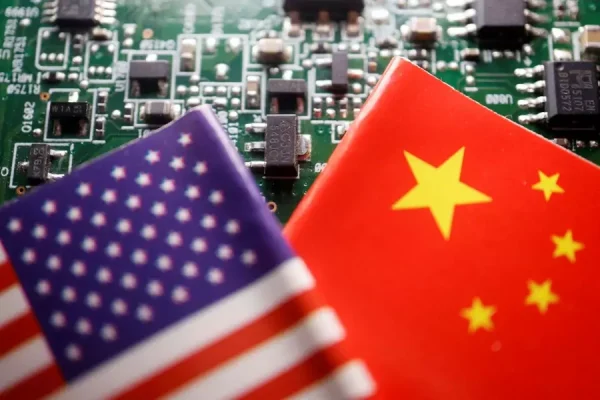
The premise for the bill is that ByteDance, a company formed and based in China that runs TikTok, is risking national security and should not be allowed to operate within the United States. The bill does not only target TikTok but all apps owned and operated by someone or something in a country deemed a “foreign adversary” with some guidelines as to what those apps contain. The apps that would be affected by this bill would be any apps controlled by one of the predetermined foreign adversary countries that have the creation of personal accounts and profiles and share and view text, images, real-time communication, or “similar content.” Social media, texting, and even editing platforms are at risk of being prohibited in the United States if Russia, China, Iran, or North Korea make them.
The main target of the ban is ByteDance, a tech company based in Beijing, China, which developed TikTok and owns it. Because ByteDance is owned and operated in China, the United States claims it threatens national security by acquiring user data from TikTok. 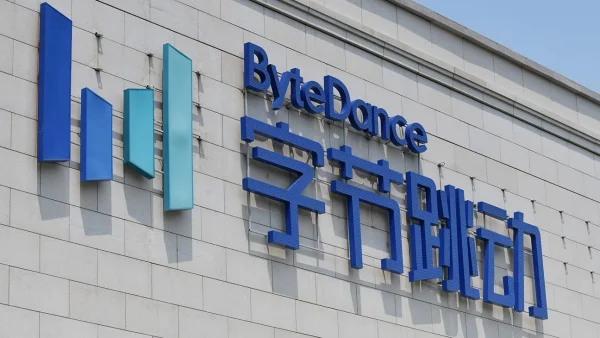 ByteDance can also own another popular editing app. The United States has long been in conflict with China and disagrees with its one-party communist state political system but continues to maintain peace for trade and economic reasons. Government sites and popular news outlets have differing opinions on China’s threat to national security through TikTok and the validity of previous claims made by the government of China’s involvement in breaking national security. According to a government fact-checking site, China’s communist party runs TikTok, but news sites such as CNN refute this claim. TikTok’s servers are in Singapore and Texas, and all user information goes to servers belonging to Oracle, a US-based company in Texas. Like Instagram, X, Threads, and many other social media platforms and apps, TikTok collects user data and stores it on servers. Still, the United States’ dislike for China seems to fuel them to hone in on TikTok data collection.
ByteDance can also own another popular editing app. The United States has long been in conflict with China and disagrees with its one-party communist state political system but continues to maintain peace for trade and economic reasons. Government sites and popular news outlets have differing opinions on China’s threat to national security through TikTok and the validity of previous claims made by the government of China’s involvement in breaking national security. According to a government fact-checking site, China’s communist party runs TikTok, but news sites such as CNN refute this claim. TikTok’s servers are in Singapore and Texas, and all user information goes to servers belonging to Oracle, a US-based company in Texas. Like Instagram, X, Threads, and many other social media platforms and apps, TikTok collects user data and stores it on servers. Still, the United States’ dislike for China seems to fuel them to hone in on TikTok data collection.
Commonly called a ban, the TikTok ban is not a ban, as Kamala Harris said on behalf of the white house, “not intended to ban TikTok,” she is telling the truth as the bill is not aimed at banning TikTok. The bill gives companies specific ByteDance 180 days after the ratification to sell the company to someone else, not necessarily an American company but one that’s not based in a foreign adversary country. However, the possibility of BytaDance selling to keep TikTok alive and well in the United States should not be one to hold on to. The Chinese government has said that even if the bill does get passed, it will not allow ByteDance to sell its company, and it has the power to veto the sale.
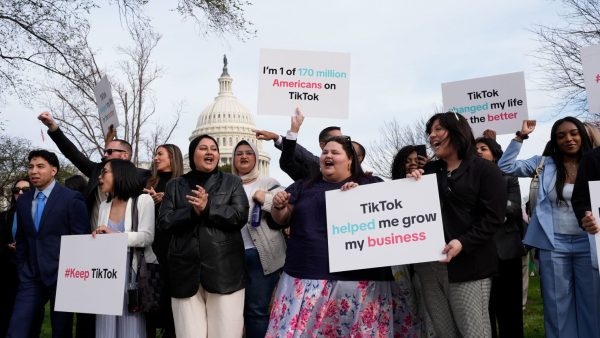
With 170 million users in the United States, TikTok stands to lose a lot of business, but it is not enough to put the company under because it’s a small feat for the 1 billion monthly users of TikTok. Users are scared and disappointed about the ban. Many people use TikTok to connect with people, such as small businesses promoting themselves to friends and family, keeping each other up to date. Even the white house has an account, and all that faces can be lost in months. The bill only has to pass the Senate and then the president, and while the Senate’s outcome can’t be determined, Biden has made his stance abundantly clear.

